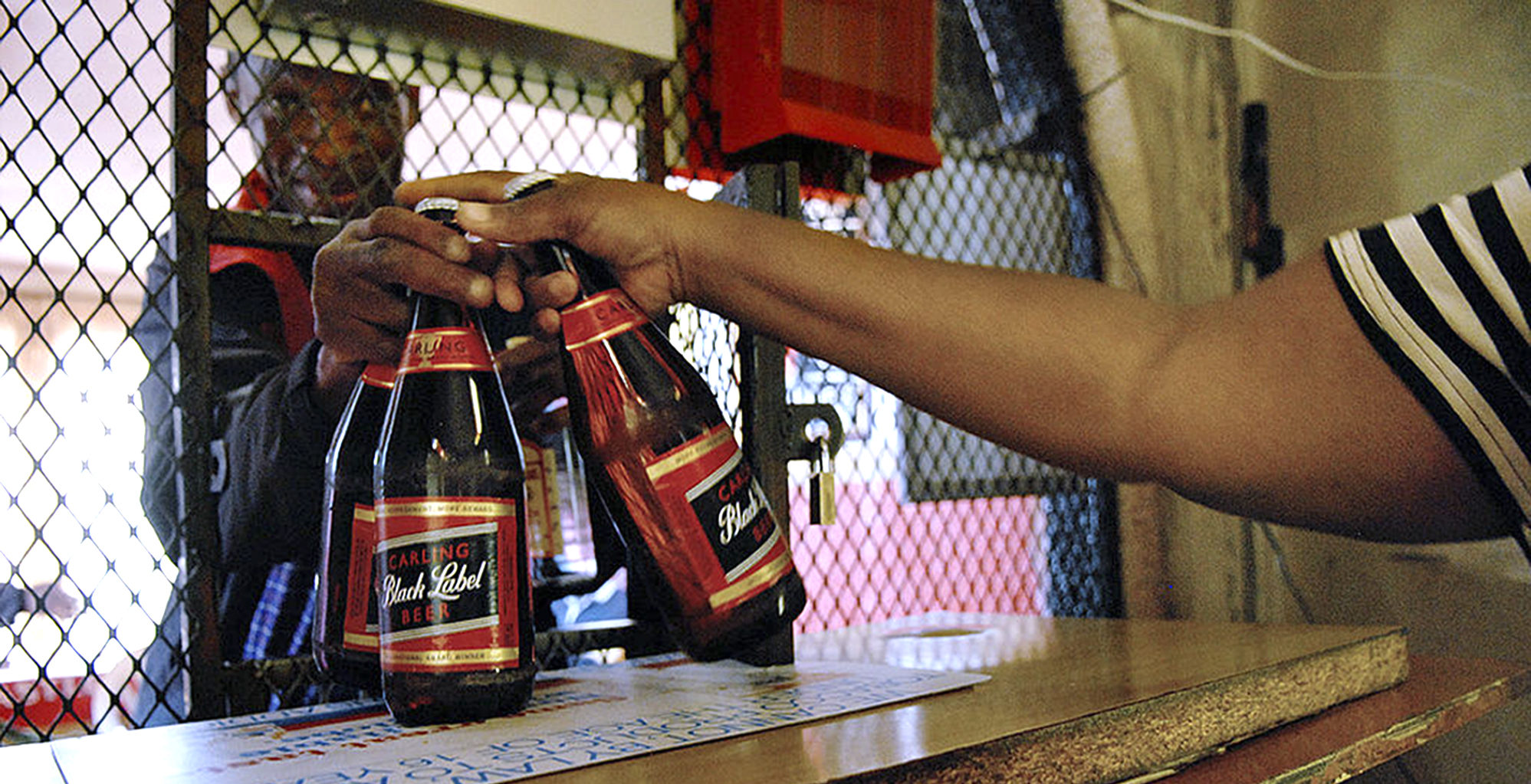The country’s biggest brewer, Kgalagadi Breweries Limited (KBL) is not pleased with the government’s response to the rising COVID-19 cases.
The government has recently imposed an indefinite suspension of alcohol sale. According to the government, “The suspension of the sale of alcohol is based on evidence that consumption of alcohol increases the risks posed by COVID-19 due to its negative effects on adherence to COVID-19 protocols.”
In response to the decision by the government to ban the sale of alcohol once again, KBL decided to counter President Masisi’s decision the legal route. Through their statement on the issue, the brewery underscored, “KBL is asking the High Court to review the President’s decision to impose the ban by setting it aside, while also seeking orders declaring that the imposition of a complete ban on the sale of alcohol be deemed unlawful and improper. The company believes that the Government’s wholesale alcohol ban is improper and not based on clear and objective evidence demonstrating a causal connection between the wholesale ban on alcohol and the reduction of positive Covid-19 cases.”
The company’s move follows a joint statement issued recently by Botswana Alcohol Industry Association (BAIA), Business Botswana (BB), and Botswana Beverages Association (BOBA). The statement condemned the indefinite suspension of alcohol sale. It similarly mentioned that there is no evidence to the narration that alcohol has a relationship with rising COVID-19 cases.
KBL is worried about the livelihoods of those sustained by the alcohol industry. Masegonyana Madisa, KBL Corporate Affairs Head revealed that the alcohol value chain directly and indirectly employs approximately Fifty thousand (50,000) people and supports approximately Two hundred thousand (200,000).
“The latest ban compounds the matter as KBL has, once again, ceased trade, yet its fixed costs and obligations to employees and suppliers, also remain unchanged,” Madisa said. “Because they cannot work, they cannot earn a living. This threatens their livelihoods and indeed, violates a myriad of their constitutional rights.” he added.










